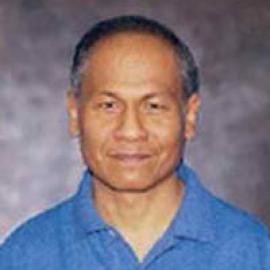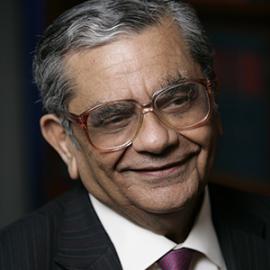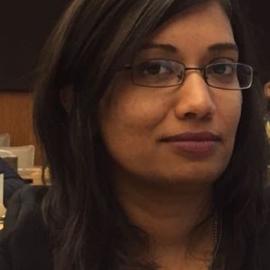Supporting Equitable Economic development in ASEAN: Impact of regional integration (AEC) on Cambodia, Lao PDR, Myanmar and Viet Nam (CLMV countries)
Phase IV began in 2014 with a focus of expanding the partner-based and the reach of ARTNeT. In 2015 ARTNeT formalized its partnership with AFD, with whom it established a project that will contribute towards narrowing development gaps between CLMV countries and other ASEAN members. The urgency to narrow development gaps within and among ASEAN countries was also recognized by ASEAN leaders who, at the 19th ASEAN Summit held in November 2011 in Bali, Indonesia, endorsed the “ASEAN Framework for Equitable Economic Development” to facilitate the realization of the ASEAN Economic Community (AEC) Blueprint. The project will operate through the implementation of policy-oriented research activities, research capacity development programme and knowledge-sharing initiatives. These will focus on the conduct of policy-oriented research and technical training in CLMV countries to help them follow an inclusive and sustainable development process. The objective is to strengthen the technical and analytical skills of officials and researchers from CLMV countries to manage use and assessment of the impact of 1) non-tariff measures, and 2) geographic indications in the context of trade-related intellectual property rights. The intended impact is the development of effective responses in CLMV countries in these policy areas.
The expected outcome is improved technical and analytical capability of CLMV officials in managing NTMs, including through higher readiness to share information on own NTMs through WTO notifications and AEC Trade Repository. Likewise, better understanding of the GI for promoting subregional employment and trade will be among the expected impacts.
The project utilizes the three-pillar approach of ARTNeT. ARTNeT has been focused on increasing the amount and quality of relevant trade and investment research in the region by harnessing the research capacity already available and developing additional skills through regional team research projects, enhanced research dissemination mechanisms, increased interactions between policymakers and researchers to improve transmission of knowledge and information, and specific capacity building activities catering to researchers / research institutions and policy makers especially from least developed countries.
The project will include these types of activities:
- Research capacity development workshops.
- Research (including networking researchers in ARTNeT community of advisers and others).
- Dissemination of research findings (publication of reports and 4 national policy briefs).
- Dissemination event at the end of the projectDevelopment of new theoretical frameworks for empirical study of determinants of economic diversification: While a significant amount of research has been conducted over decades in the area of determinants of diversification, new innovative research is needed in particular to adequately address the circumstances of least developed countries, whose circumstances may not adequately be addressed by “classical” trade theories.
ARTNeT researchers have also been given opportunity to collaborate in implementation of the ESCAP project “Trade Facilitation for Poverty Reduction: Building Capacity for the Implementation of Pro-Poor Trade Facilitation Policies and Measures in Developing Asian Countries” funded by the Government of China. The project aims to increase capacity of officials and other stakeholders in least developed and other developing countries members of ESCAP to implement trade facilitation measures contributing to poverty reduction.
A regional study under topic “Trade Facilitation for Poverty Reduction in Developing Asian Countries” was initiated at a consultative research meeting in March 2012 and seven papers have been selected covering Bangladesh, China, India, Indonesia, Sri Lanka, Thailand, and Viet Nam. The purpose of the regional study is to provide in-depth analysis of experiences in implementation of trade facilitation measures contributing to poverty reduction.





































